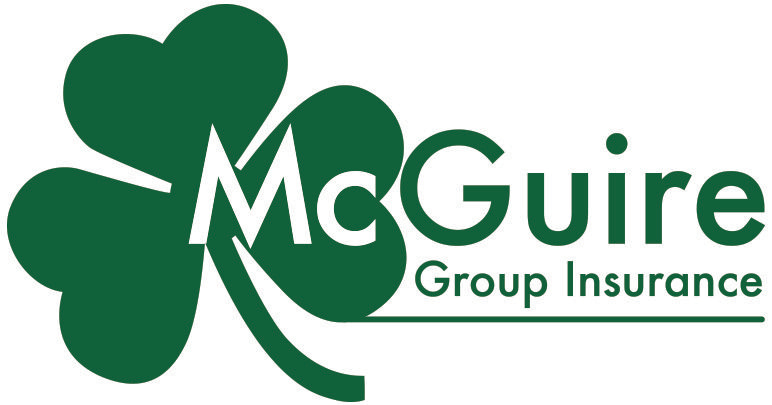Please read our blog about a wide variety of insurance topics. Please feel free to ask us any questions.
What Happens When You Inherit A 401(k)?
Posted: December 13, 2020

A 401(k) is a tax-deferred, retirement savings account. When a person opens a 401(k), he or she names one or more beneficiaries to receive the remaining funds when the account holder dies. If you have inherited a 401(k), your options will depend on several factors, including your age, the account holder’s age at the time of death, and whether the account holder was your spouse....
Protect Your Packages (And Your Home) During The Holidays
Posted: December 11, 2020

There’s almost nothing more convenient than online ordering – and this year will be a holiday season like no other. With smaller gatherings and social circles, you’ll likely be shipping more packages to friends and family you’d normally see in person over the holidays. Unfortunately, more packages being delivered could increase the risk of package theft. A study by C+R Research estimates that 36% of...
Car Gift Ideas: 39 Car Accessories, Gadgets, & More
Posted: December 7, 2020

Car gift ideas for commuters Wireless charger: These days, our smartphones are an essential piece of equipment – which can make keeping them fully charged a challenge. A charging pad for the car means they’ll never have to think about plugging in a smartphone. Just place it in the console and the power flows automatically. Drinkware: Cold brew is cool – unless you’re prepared for...
The Dos & Don’ts of Employee Performance Reviews
Posted: November 30, 2020

But I thought I was doing so well! I’ve been here for 30 years. You’re just telling me this now? Susan comes in late every day, and she’s never been written up. What gives? Let’s face it: If you’re a business owner or a manager, employee performance appraisals can be uncomfortable. No one likes to receive a “surprise” evaluation that they’re not performing well. What’s...
Pros & Cons Of Opening A Flexible Spending Account
Posted: November 28, 2020

Flexible spending accounts (FSAs) are associated with employer-sponsored health insurance plans. They allow you to divert a tax-deferred portion of your earnings into the account, which you can use to pay for certain healthcare-related expenses, including copayments and deductibles, and dependent-care costs. Money in an FSA must be used by the end of the plan year. However, employers may offer a grace period of up...

